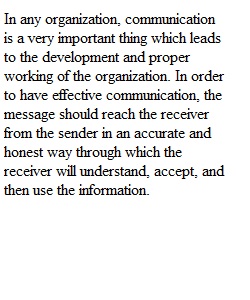


Q Final Exam Attached Files: File 5140_Online_Final_Exam.docx (15.573 KB) Address four (4) of the following in detail, referencing and citing the textbook where appropriate. No sources except the textbook are required. 25 points each. 100 points total. Discuss the more traditional approaches to leadership including: the trait approach; directive leadership; supportive leadership; participative leadership; and achievement-oriented leadership. Compare these traditional approaches with contemporary models such as transformational leadership; servant leadership; and artistic leadership. Which offers the best approach, the traditional school or the contemporary school? Discuss the sources and types of power articulated by Denhardt and Dahl, French, and Raven. How is power best exercised in the modern public and nonprofit sector work environment to motivate employees and meet organizational mission? Discuss supportive communication, active listening, and organizational writing. What are the basic components of each and how important are they to organizational communication? Discuss the importance of working in teams in public organizations. What types of teams are found in the workplace? How do managers and leaders ensure team effectiveness? Finally, what are the four primary styles of team players? Which are you? How can conflict be positive for organizations? What are the five approaches to conflict for the individual? Finally, what are the sources and stages of conflict? In sum, how important is conflict management and resolution in the public and nonprofit environment? What re the different types of organizational change? Using Lewin’s work, discuss the process of organizational change. Furthermore, according to Ott, what are the six elements of organizational culture? How does organizational culture affect the ability of an organization to change? Discuss the organizational learning and change strategies put forth by Senge, Denhardt, and Collins. Which offers the best overall strategy? Why? Offer a detailed overview of the Organizational Development (OD) movement. What have various authors written about the subject? What are the OD strategies and techniques that have the most impact and relevance?
View Related Questions